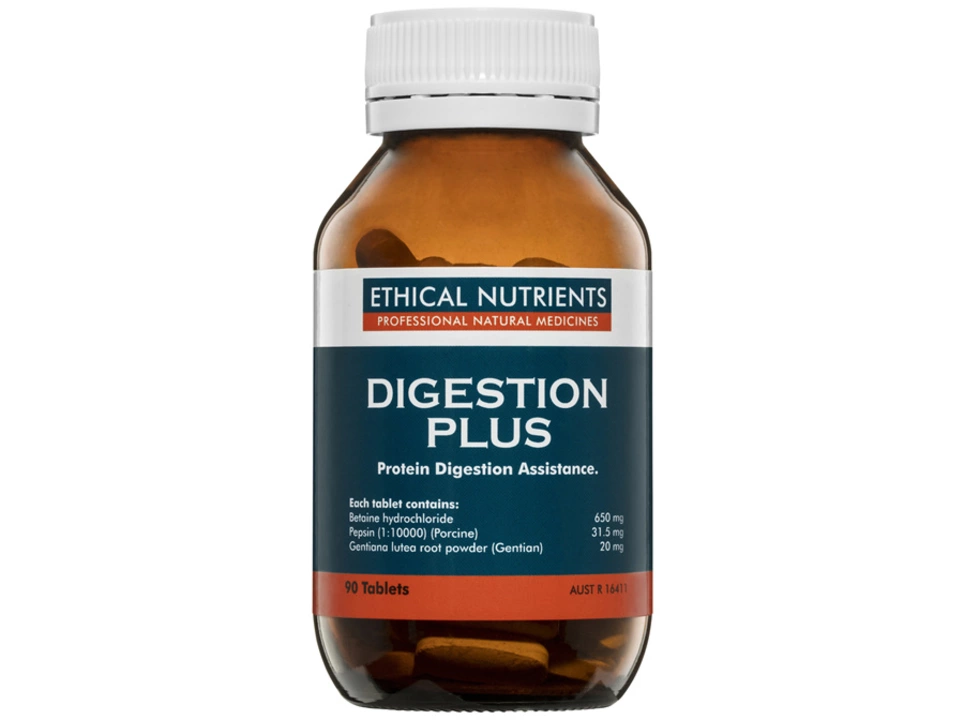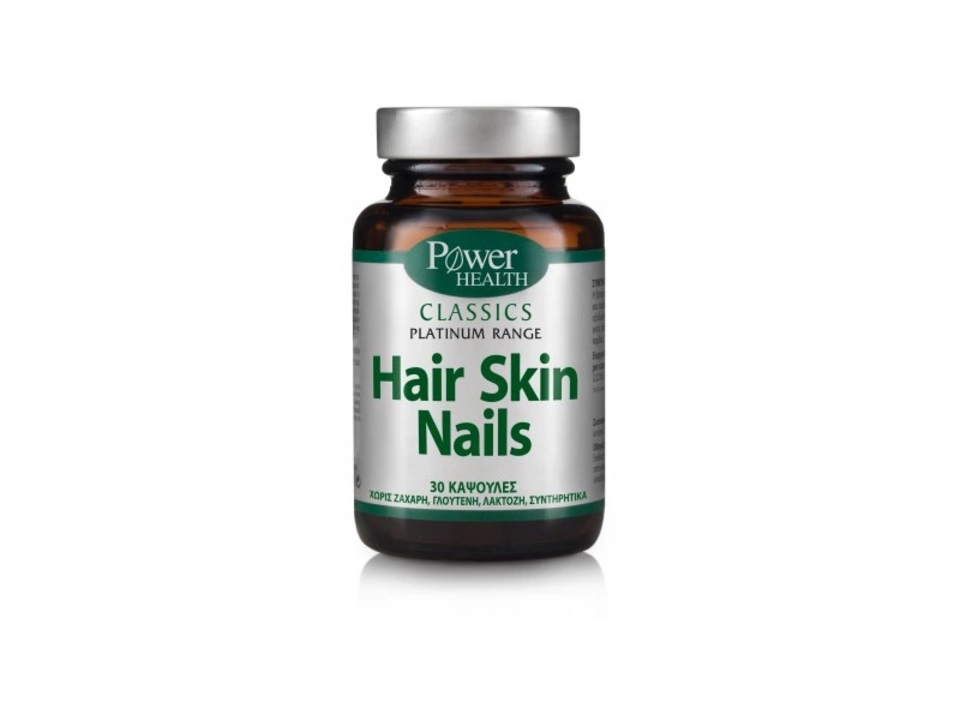May 2023 Archive — Practical pharma and supplement guides from GenericVilla
May 2023 brought a mix of plain-spoken health guides and real-world tips. You’ll find posts on dietary supplements that readers asked about, clear how-tos for managing chronic conditions, and short explainers on drug science and disease links. Below I summarize each piece and give quick, useful takeaways you can use right away.
Supplement highlights — what’s new and how to use them
Several posts covered plant-based and traditional supplements. Rue was explained with a focus on its anti-inflammatory claims and practical cautions — don’t mix with certain meds and start with a low dose. Rusty-Leaved Rhododendron and Clown’s Mustard Plant were presented as interest-worthy botanicals; the posts stress checking quality, watching for allergies, and asking your clinician before starting them.
Cascara got a realistic look as a mild, natural laxative — good for occasional constipation but not for daily long-term use. Betaine Hydrochloride was covered as a targeted option for low stomach acid: try small, meal-based doses and stop if you get heartburn. Each supplement post emphasizes safety: verify sources, watch interactions, and consult a health pro.
Condition-focused guides — tips you can use
Chronic diarrhea was framed through the value of support groups. The post makes a simple point: groups cut isolation and offer practical coping tips you can try immediately, like symptom trackers and meal swaps. For porphyria, the focus was on safe exercise — low-impact cardio, short sessions, good hydration and checking triggers with your doctor.
The TB and HIV/AIDS piece explained why co-infection matters: HIV weakens immunity, making TB more likely and more dangerous. The advice is clear — get tested if you’re at risk, and follow combined treatment plans when needed. Trichomoniasis was tackled from a relationship angle: be calm, be factual, get tested together, and treat at the same time to avoid reinfection.
Other clinical posts included the science behind colchicine for gout (how it blocks inflammation), a look at dydrogesterone’s possible mood benefits in women, and an accessible overview of genetics in skeletal muscle conditions. For alopecia, the post links hair loss to autoimmune causes and recommends medical evaluation rather than guessing at treatments.
What to do next: pick one practical change from these posts. Try a short, gentle exercise routine if you have porphyria, join a support group if you face chronic diarrhea, or talk to your clinician before starting any new supplement. The May 2023 posts are short, actionable, and aimed at helping you make safer, informed choices about supplements and conditions.
As a chronic diarrhea sufferer, I cannot stress enough the importance of support groups in my life. They provide a safe space for us to share our experiences, learn from each other, and feel understood. These groups offer emotional support and practical advice on how to manage our condition. They also help to break the isolation and stigma that can come with chronic diarrhea. Overall, joining a support group has truly improved my mental and emotional well-being while navigating this challenging condition.
View DetailsIn my latest blog post, I dive into the fascinating world of Rue and its potential health benefits. Rue is a dietary supplement that has been gaining popularity for its various health-boosting properties. I explore the science behind this amazing plant and how it can positively impact our health. From its anti-inflammatory effects to its potential as a natural remedy for various conditions, you won't want to miss this informative read. Join me as we uncover the secrets of Rue and learn how to incorporate it into our daily lives for better overall health.
View DetailsIn my latest blog post, I discuss the challenges people with Porphyria face when trying to stay active and share some helpful tips for exercising safely. I emphasize the importance of consulting with a medical professional before starting any exercise routine, as well as listening to your body and adjusting your workouts accordingly. Additionally, I offer suggestions for low-impact exercises such as swimming and yoga that can be beneficial for those with Porphyria. Furthermore, I stress the need for staying hydrated and maintaining a balanced diet to support overall health. Lastly, I encourage readers to find a supportive community and stay motivated in their journey to stay active and healthy.
View DetailsI recently discovered an incredible dietary supplement that has truly transformed my health - the Rusty-Leaved Rhododendron! This powerful plant is packed with numerous health benefits that have given my body the boost it needed. From its anti-inflammatory properties to its ability to improve heart health, the Rusty-Leaved Rhododendron has become my ultimate go-to supplement. Not only is it easy to incorporate into my daily routine, but it's also a natural and safe option. I highly recommend giving this amazing plant a try if you're looking to enhance your overall well-being!
View DetailsI recently came across the Clown's Mustard Plant, a dietary supplement that's truly transforming lives! It's packed with incredible health benefits and has been gaining popularity among health enthusiasts. I've noticed improvements in my energy levels and overall well-being since incorporating it into my daily routine. This supplement has truly added a touch of magic to my life, and I couldn't be happier with the results. Join me in experiencing the magic of Clown's Mustard Plant and see for yourself the amazing changes it can bring to your life!
View DetailsI recently came across an incredible guide on improving gut health with the help of Betaine Hydrochloride. This comprehensive guide dives deep into the benefits of this supplement, explaining how it can revolutionize our gut health by breaking down proteins and increasing stomach acid levels. It also covers the proper dosage and potential side effects, ensuring we make an informed decision. I highly recommend checking out this guide if you're interested in better digestion and overall gut health. It might just be the game changer you've been looking for!
View DetailsAs a blogger, I've recently researched the connection between Tuberculosis (TB) and HIV/AIDS. I've discovered that these two diseases have a strong link, as HIV weakens the immune system, making it harder for the body to fight TB. In fact, TB is the leading cause of death among people living with HIV. It's crucial to get tested for both of these diseases, as early diagnosis and treatment can greatly improve outcomes. Remember that prevention and education are our best weapons against these devastating conditions.
View DetailsI recently discovered the incredible benefits of Cascara, the ultimate dietary supplement that can truly transform your health. This natural ingredient, derived from the bark of the Rhamnus purshiana tree, is packed with antioxidants and has a gentle laxative effect, making it perfect for detoxifying the body. Not only does it improve digestion and promote weight loss, but it also boosts energy levels and supports overall well-being. Adding Cascara to my daily routine has been a game-changer, and I highly recommend giving it a try. Trust me, your body will thank you!
View DetailsAs a blogger, I've been researching the science behind colchicine's effectiveness in treating gout, and it's truly fascinating. Colchicine works by disrupting the inflammatory response that causes the intense pain and swelling in gout attacks. It does so by inhibiting the assembly of microtubules, which in turn prevents the activation of a protein complex called NLRP3 inflammasome. This protein complex triggers the release of pro-inflammatory cytokines, such as interleukin-1β, leading to inflammation. By stopping this process, colchicine effectively reduces the symptoms of gout, providing much-needed relief for those suffering from this painful condition.
View DetailsI recently came across a fascinating connection between autoimmune disorders and alopecia, a condition that causes hair loss. It turns out that many autoimmune disorders can lead to alopecia, as they cause the immune system to attack healthy hair follicles. This results in hair loss, either in small patches or across the entire scalp. It's important to consult a medical professional if you're experiencing hair loss, as it could be a sign of an underlying autoimmune disorder. Understanding this link can help raise awareness and lead to better treatment options for those affected.
View Details









